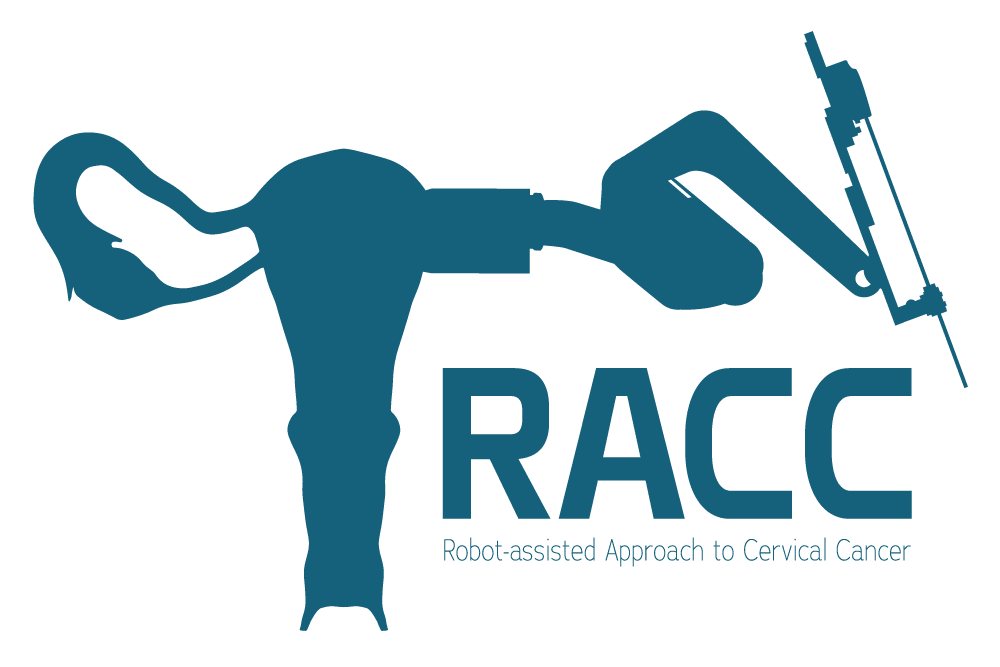New vaccine being studied for HPV+ head and neck cancer
April 2024
Researchers are exploring a range of innovative approaches to targeting human papillomavirus positive (HPV+) head and neck squamous cell cancer (HNSCC), with the aim of improving treatment outcomes.
These approaches include therapeutic vaccines, immune cell-activating agents and adaptive cellular therapeutics, all designed to harness the immune system to fight cancer cells. Specifically, these new therapies target the oncogenic HPV16 E6 and/or E7 viral proteins, which are consistently expressed in HPV+ HNSCC tumors. E6 and E7 interfere with the normal mechanisms that regulate host cells, promoting cell proliferation and inhibiting cell death (apoptosis).
While many of these therapies have shown promise, their effectiveness as independent therapies has been less successful. As a result, researchers are investigating their potential in combination with immune checkpoint inhibitors, which have shown success in enhancing the immune response against cancer.
One such study, sponsored by BioNTech, is currently enrolling patients at Earle A. Chiles Research Institute, a division of Providence Cancer Institute of Oregon. This is an international study, and Providence is the only site in Oregon offering the trial. Rom Leidner, M.D., medical oncologist and director of Immune Cell Experimental Therapy at Providence Cancer Institute, is the principal investigator.
Pembrolizumab: Alone and in combination with vaccine
This phase II study is focused on a novel therapy known as BNT113 in combination with pembrolizumab, compared to pembrolizumab alone, for patients with HPV16+ HNSCC expressing the PD-L1 (programmed death ligand 1) protein. HPV16 is considered one of the high-risk types of HPV, and it increases the risk of developing head and neck and cervical cancers.
-
BNT113 is a liposomal ribonucleic acid (RNA-LPX) cancer vaccine developed by BioNTech that encodes the HPV16 oncoproteins E6 and E7.
-
Pembrolizumab is an anti-PD-1 (programmed death 1) therapy that works by blocking the PD-1 receptor. This helps stop cancer cells from hiding from the immune system, decreasing tumor growth.
Multiple phases and tailored strategies
Preclinical studies have demonstrated that inhibiting PD-L1 can enhance the anti-tumor effects of RNA-LPX-based vaccines, providing a strong rationale for combining BNT113 with pembrolizumab.
The trial consists of two parts:
- Part A involves an initial non-randomized phase, aimed at confirming the safety and tolerability of BNT113 in combination with pembrolizumab at selected dose levels.
- Part B will involve a randomized phase to gather pivotal efficacy and safety data for BNT113 in combination with pembrolizumab versus pembrolizumab alone. This phase will focus on patients with unresectable recurrent or metastatic HPV16+ HNSCC expressing PD-L1, with a combined positive score (CPS) of at least 1.
In addition, there is an optional pre-screening phase available for all patients, allowing tumor samples to undergo central testing for HPV16 DNA and PD-L1 expression before enrollment in the main trial. This approach aims to better tailor treatment strategies to individual patients, potentially improving outcomes in the fight against HPV+ HNSCC.
Get more details about the study:
Refer a patient.
To refer a patient to this clinical trial, contact our clinical research office:
- Call 503-215-2614
- Send an email
New research studies are added frequently. To see more clinical trials, visit:
- Studies for head and neck cancer
- All cancer studies at Providence Cancer Institute
Providence Cancer Institute Franz Head and Neck Clinic offers cutting-edge care for patients with benign and malignant tumors of the mouth, tongue, throat, voice box, nose, paranasal sinuses, salivary glands and thyroid gland, as well as tumors at the skull base. Our medical and surgical oncology teams work collaboratively to start patients on treatment regimens very quickly. Through our innovative trials and translational research, we strive to elevate the current standard of care for cancer patients by offering advancements such as adoptive cellular therapy and pre-operative immunotherapy.
Related news
Celebrating our oncology social workers
Talking to an expert: The crucial role of nutrition in cancer care
How promoting apoptosis in new study may help people with cancer



